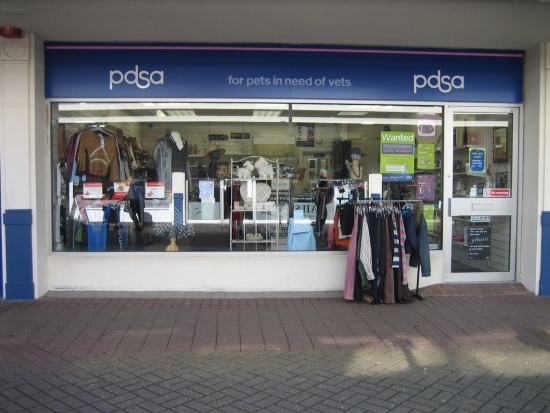Since 2008, the number of charity shops on the nation’s high streets has swelled by 30 per cent, with more than 10,000 retail properties now dedicated to fundraising for organisations such as Cancer Research UK, the British Heart Foundation and Oxfam. However, a new report has found that, besides filling otherwise empty commercial properties, charity shops can actually help “spur local regeneration”.

The research, conducted by think tank Demos, found that charity shops can be instrumental factors in boosting footfall for local businesses, tackling social isolation among the elderly and, most importantly, reducing unemployment on a local scale. Furthermore, the fact that the majority of items on sale are reusable makes a massive contribution to tackling environmental issues – in fact, they reduce CO2 emissions in the UK by around 3.7 million tonnes annually.
Report author and Demos researcher Ally Paget believes that charity shops could play a major role in attracting higher volumes of custom to the high street if given the right support and opportunities.
She says; “It is a real shame that the multitude of benefits offered by charity shops is so often unrecognised and under used, especially in this time of austerity.
“Local authorities can and should do more to support charity shops at a business level, and to draw on the capacity of charity shops to spur local regeneration.
“Our analysis and our public survey results suggest that the growth of charity shops on the high street is a symptom, rather than a cause, of high street decline.”
In recent months, charity shops have become something of a social pariah, with several business organisations calling for a cap on the number allowed to set up in local areas. This, in part, is due to the fact that charity shops benefit from business rates relief and tax concessions so that more money can go towards helping their cause.
However, according to the Demos report, these financial aides do not have a negative impact upon surrounding businesses as charity shops “do not increase rent for other shops” and nor do they “prevent small and medium sized businesses from opening” in their vicinity. Instead, they actively draw shoppers to the high street according to a poll of 2,200 members of the public.
In terms of unemployment, Demos found that increasing numbers of jobseekers are turning to charity shops, with 80 per cent of volunteers claiming to use their shifts to acquire experience in the hopes of finding paid employment in the retail industry. UK charity shops, at present, employ 17,300 paid staff, while a further 210,000 roles are created through volunteer programmes.
Demos now recommends that job centres take steps to further promote volunteering in charity shops to those seeking work based on the findings of the report.
Do you think that charity shops deserve the opportunity to expand based on the findings of the report, and should they also retain benefits such as business rates relief and tax concessions?